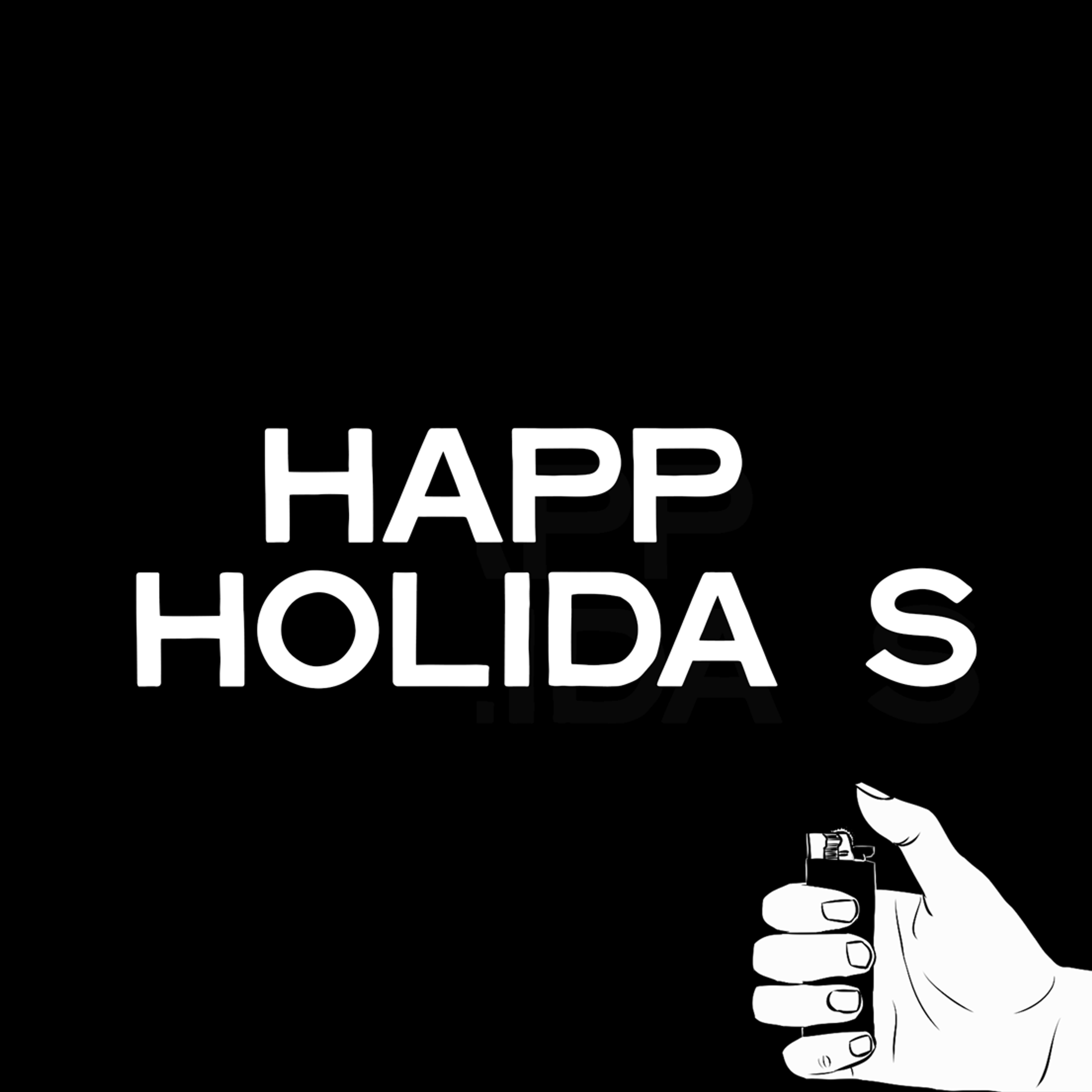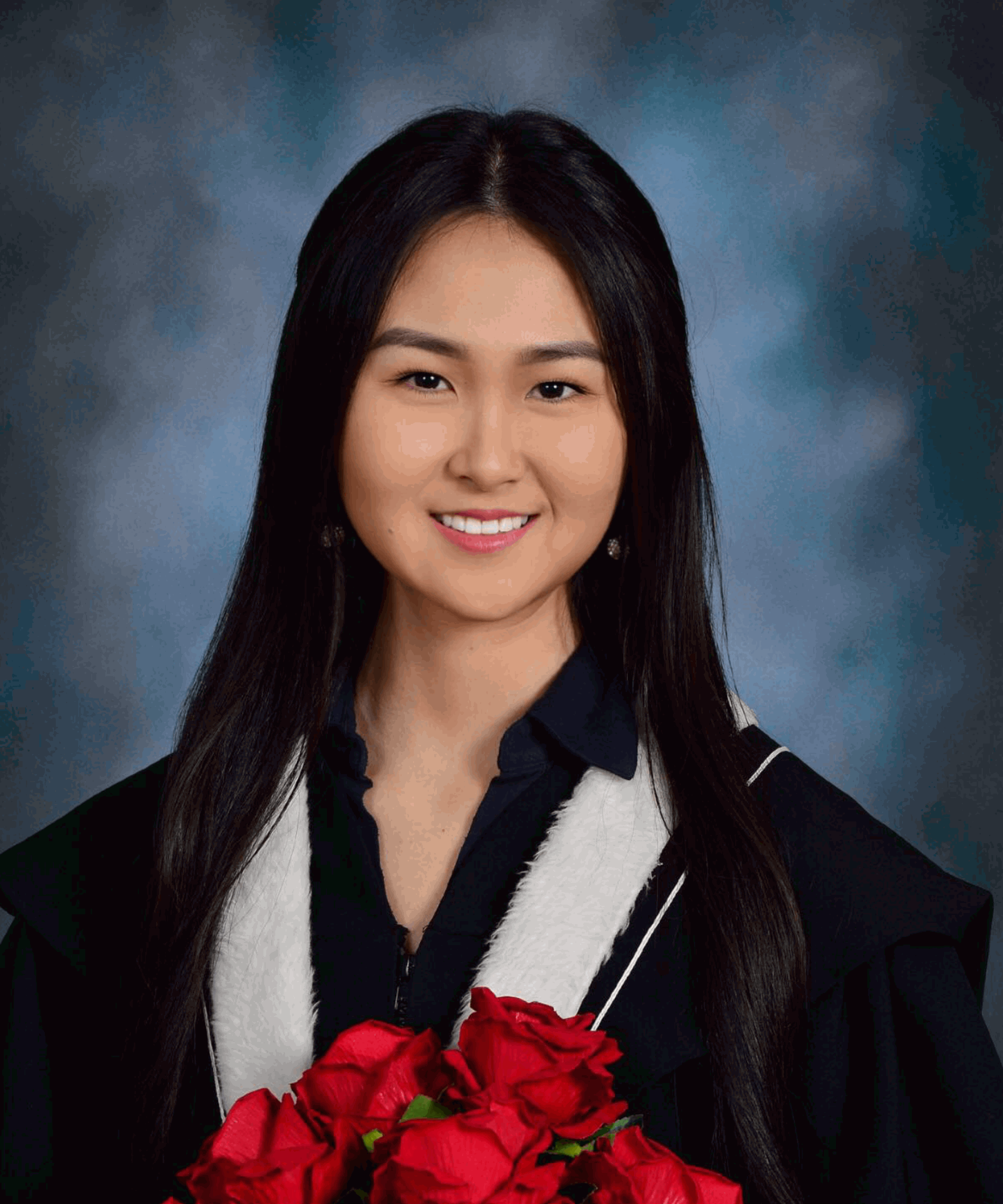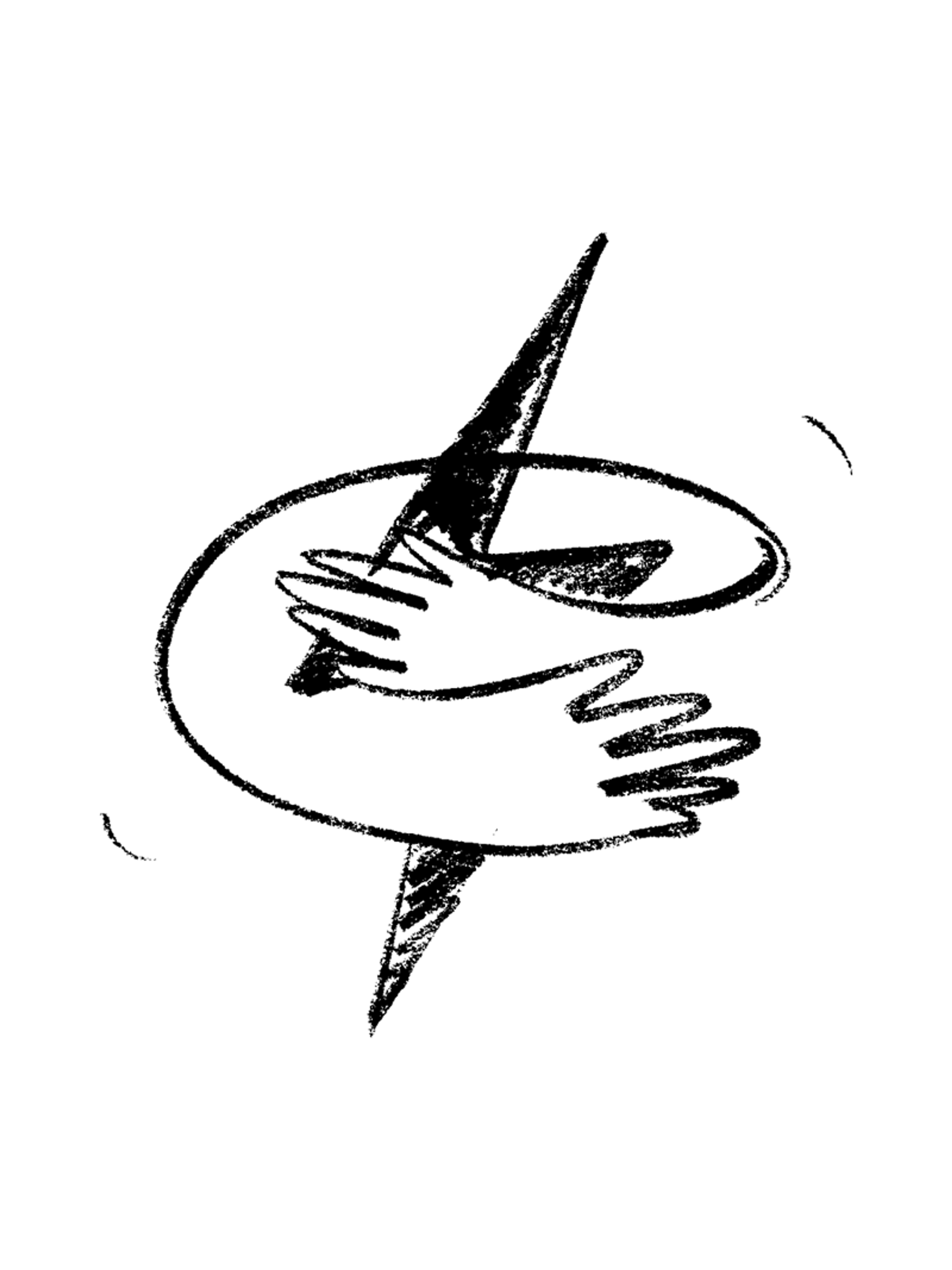Iris Deng

Multidisciplinary designer Iris Deng on the surprising joy of going your own way
Iris Deng does more than graphic design. She also draws, writes, sings and nerds out about behavioral science. Those things may seem unrelated – but they've all fed into her creative practice over the years. It was only through tugging on the various strands of her colorful, multicultural life that Iris slowly constructed a unique niche for herself in the design world. We find out what sparked her journey as a self-taught creative, how she broke into the industry and why a single DM got the ball rolling for everything that's happened since.
What I do
How would you describe what you do?
I solve problems using the art and science of design, plus the occasional humor. In my 9 to 5, I’m working as a creative lead in the world's second largest architecture firm, Arcadis. And in my 5 to 9, I'm pursuing a second career as a copywriter, putting the finishing touches on a typeface I made called "Killer" and trying my best to smell the roses (because I don't do that enough, apparently).
What are the main influences and inspirations behind your work?
It's a confluence of the many places I grew up in, the diverse experiences that spurred my growth and the community of people I've been lucky to grow alongside. I was born and raised in Kingston, Jamaica, where I met Usain Bolt the year he became the fastest man on earth. Then I spent five years in Guangzhou, China, learning Mandarin and exploring my Cantonese roots. I left to attend high school in Canada, where I stayed on after to study behavioral science at university. Recently, I moved to New York, where I currently live. Here, I feel especially surrounded by a wealth of creativity and have found inspiration everywhere.
Would you say you need any specific training for what you do?
I'm living proof that you don't need anything specific to do what you love, other than yourself and the drive to make your dreams come true. I pride myself on being a self-taught creative through and through – from the cost-saving "getting a degree from Youtube" to the more costly "having imposter syndrome times a million." In fact, I recently entered an advertising brief as an industry outsider and won, earning a full-ride scholarship to study advertising.
What’s been your favorite project to work on from the past year, and why?
I created a serif text typeface called “Killer” last summer as part of my final project at Type@Cooper, a post-graduate program in typeface design. It’s my favorite because I’ve never designed a typeface before and I love a good challenge. 90% of my inspiration was the name, which came to me before I’d even conceptualized the design. 10% of it came through the process of putting the typeface together. I juxtaposed round humanist shapes against sharp menacing serifs to emulate the tension between being both human-like and cold-blooded, as serial killers who hide in plain sight are.
Through this project, I discovered (or finally came to terms with) the fact that I really love words and playing with them. It also led to me making some lifelong friends, so I think I finally get it when people say they love their work but love the people they work with more. What’s next for “Killer”, you ask? I’m looking at you, Netflix ;)
What does a normal day-to-day usually look like for you?
A normal day for me involves: waking up to at least 5 snoozes, checking emails, attending meetings, calling clients, doing research, strategizing, pitching, designing, mentoring, reviewing, editing and sending constructive compliments to my team. Then, going on post-work walks, cooking a good meal, working on a freelance or passion project, and finally closing out the day with a good series.
If there was a starter pack for your job, what would be in it?
A step-by-step guide on how to set healthy boundaries in your job, so that you can live your best life and do your best work. It sounds kind of obvious to say, “don’t say yes if you want to say no” – but that’s really it. Boundaries are so important to preserve your work-life balance, self worth and sanity.
How I got here
What was your journey like when you were first starting out in your career?
“It was sh*t. 0 stars out of 5. I wouldn’t recommend it to my worst enemy” – that would be my Yelp review for my journey when I first started.
I went from writing research papers to crafting clickbait for my LinkedIn DMs and cold emails; from being a quiet person to the loudest voice in the room; from working solo to working with random strangers; from following a set schedule to bouncing between upskilling, networking and crying.
How did you go about landing your first few jobs, clients and/or commissions?
I get excited every time I tell this story because it’s such a cliché and I absolutely love it. The first paying gig I ever landed was to do art direction and design for a podcast called “It’s All Just a Bunch of BS”. I’d been a fan of the podcast for a while and always felt that its design wasn’t quite living up to its quality – so one day, I redesigned one of the podcast covers and sent it to the creator. The answer I got was: “Love it, let’s see how we can work together“ – and the rest is history. All this because of a DM I sent.
What has been your biggest challenge along the way?
As a self-taught creative, Asian immigrant, INTJ and Gemini, it’s been hard finding worth in my own work and setting healthy standards for myself. Mistaking self-deprecation for humility and thinking that asking for help is a sign of weakness are two things I regret spending a lot of time doing.
What skills from your creative work have you found helpful — and vice versa?
I picked up AfterEffects because I promised a client that I’d deliver an animation project within two days. To learn, I went to my trusted resource, YouTube, spent a few hours experimenting with AfterEffects and spent the rest of my time animating the project. It was a close call, but the sweat and tears paid off. The thrill of that project propelled me into a new mindset. Whenever I want to learn a new skill now, I actively look for and take on projects that require it, even if I don’t have much of a background in it yet.
How important are social media and self-promotion to your work?
I wouldn’t know – my social presence is more negligible than a rock living under a rock. You can say I’m almost digitally extinct even if, in person, I’m alive and kicking. I’m hoping with this interview, I’ll achieve three things: complete my PSA (public service announcement) quota for this year, provide proof-of-life to those who keep tabs on me exclusively through the internet, and self-promote because that’s important.
What are three things that you’ve found useful to your work or career, and why?
- The Futur by Chris Do – 10/10 for the tried-and-true knowledge on the design of business and the business of design; also great for whatever creative stage in life you are in. Chris didn’t sponsor this message, but I know he approves.
- D&AD New Blood – 8/10 for introducing a designer to the world of Art Direction – and 1000/10 for championing self-made, unconventional and culturally diverse creatives like me.
- LinkedIn – The content on there is 2/10 on a bad day and 12/10 on a good day. Regardless, when I learned that my LinkedIn reputation precedes me, I started making sure it’s 10/10, no matter the day. You should too.
What have been your greatest learnings with making money and supporting yourself as a creative?
Interestingly, when you know absolutely nothing about design or the creative industry, you’re free to do whatever you want. I did just that: I priced the way I wanted and went through multiple trials and errors (from charging $50 logos to landing $5,000 brand identities) before finally finding my footing. As I grew my design practice and freelance career, my projects and invoices also grew in size and dollar signs. The learnings are forever. Sometimes, it’s better to not know anything – and just do the thing.
Advice
What’s the best career-related advice you’ve ever received?
- For when you’re deciding between working at a big or small company: “If you don’t like politics, never work at a big company. If you don’t like work, never work at a small company. Period.” – Felix Lee, Founder of ADPList
- For when you’re hesitating about applying for an opportunity you want: “You have nothing to lose by applying. It’s free as far as I remember.” – Zenia Labropoulou, Mentor of The Year
- For when you inevitably find yourself comparing your success with others: “The only person who compares to you is you, so never compare yourself with others. The grass is always greener, except it really isn’t.” – Wendy Deng, Mother of Iris Deng
- For when you don’t know if it’s okay to ask for help: “Just ask.” – Iris Deng, Girl of My Dreams
Where do you go to feel connected as a creative?
Nowhere and everywhere. To me, the word “connected” is not just a feeling, it’s a way of being. Sometimes, I attend events like Parsons CD Lecture Series, AIGA NY Talks, AfterHours at Pentagram, Figma’s Config Conference and Typographics Design Festival. Other times, I prefer being a homebody and spending quality time with all the design books I collect that I seldom actually read.
What advice would you give to someone looking to get into a similar role?
The first and most important step is to figure out why you want something. The next step is finding out who has achieved what you're working towards (or at least something similar). Read their interviews to get into their minds, the way you are right now with mine. You'll start to see a familiar pattern or identify outliers that intrigue. Now, you can decide whether to follow their exact path, talk to a mentor or a trusted person for advice - or better yet, chat with the person you've been "stalking" (if they're gracious enough to make time, which most people do).
Finally, do not, at any point in time, say “I wanna be like you someday” to anyone even though you’ll probably feel the urge to – because they’ll probably say something along the lines of: “No, don’t be like me, be yourself!” And you’ll walk away feeling so empowered one moment, only to start wondering what in the world you’re supposed to do with that. That, I do not have an answer for. Because Paula Scher is the one who told me to be myself and I stubbornly think it’s still better to be like her.





